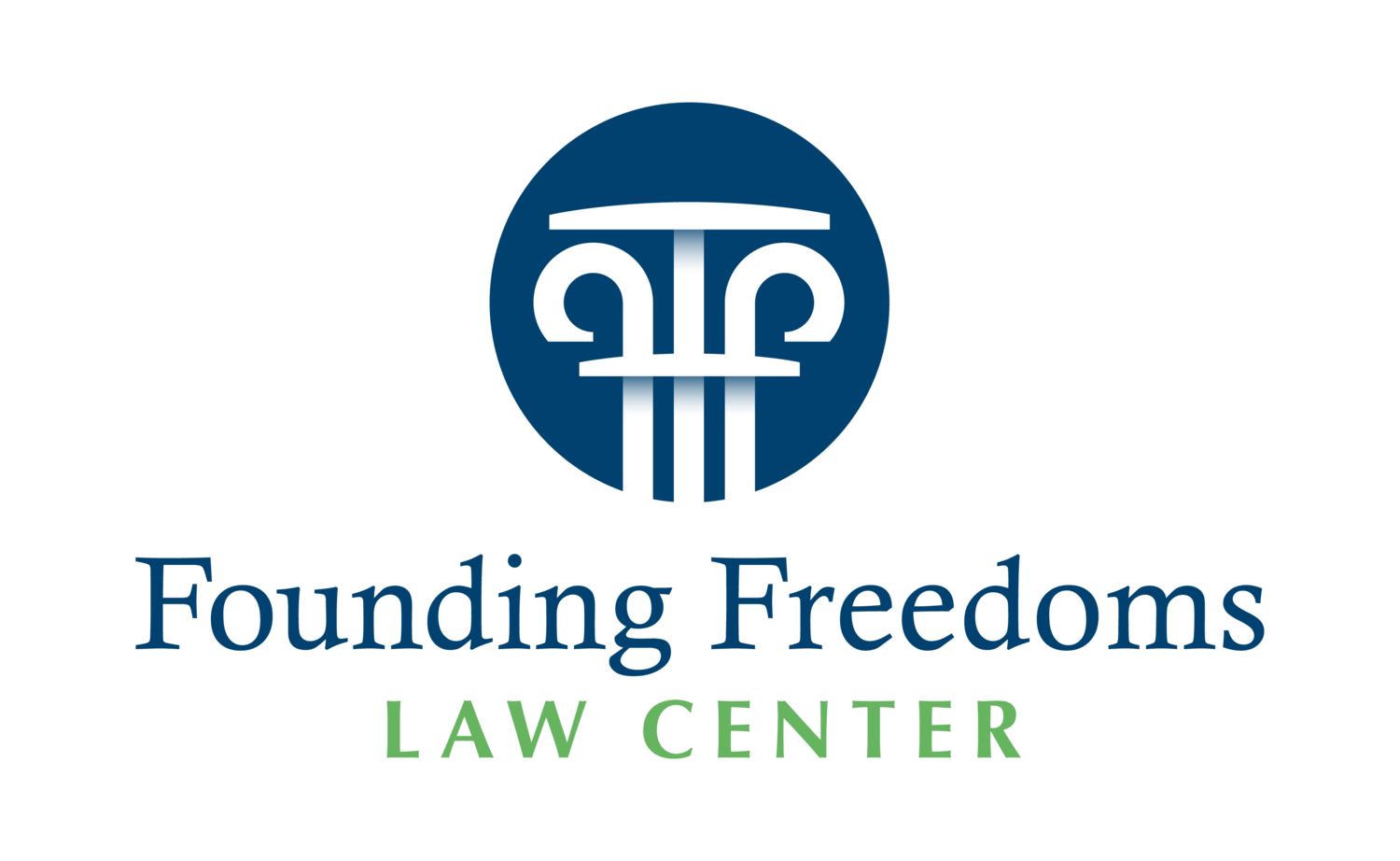So-Called “VA Values Act” Proving to Be a True Threat to Religious Freedom
Last year, the General Assembly passed the so-called “Virginia Values Act” (VVA), which prohibited discrimination based on sexual orientation and gender identity in numerous areas of the law without affording meaningful exceptions for sincerely held religious beliefs. Anyone found to be in violation of this new law potentially faces extraordinary penalties, up to $100,000 fines per violation.
Laws like this stand in direct opposition to many different faiths and widely-held beliefs, including fundamental Christian principles regarding men and women and their relationships with each other. As such, Alliance Defending Freedom (ADF) launched lawsuits in state and federal court to challenge unconstitutional components of Virginia’s new law.
In federal court, ADF represented Bob Updegrove, a Christian photographer who will be required to photograph same-sex weddings if asked to do so, or else be fined up to $50,000 for a first offense, and up to $100,000 for each subsequent offense. Unfortunately, Mr. Updegrove’s case was dismissed in March for lack of standing. According to Judge Claude Hilton, Mr. Updegrove could not demonstrate that he had been injured by the VVA, in large part because he has not had to refuse anyone yet, and thus has not been sued or otherwise prosecuted under the VVA.
While disappointing, Judge Hilton’s opinion did not exonerate the VVA and the harm it will cause to religious freedom when enforced. He merely ruled that until such harm occurs, Mr. Updegrove doesn’t have standing to sue. Either way, ADF is appealing this decision and has just submitted their argument to the 4th Circuit Court of Appeals on July 14.
In the state court, ADF represented a number of churches in the Loudoun County Circuit Court before Judge James Plowman. ADF has had some success with Judge Plowman, as he is the judge who ordered Tanner Cross be reinstated as a teacher just last month. However, that same favor did not extend to this case, as it was similarly dismissed for lack of standing. Judge Plowman used a similar rationale from Mr. Updegrove’s case, reasoning that the churches involved had not yet been injured in a way that he will recognize (even though they removed certain speech from their websites because of the new law). ADF has announced they plan to appeal this decision as well.
Although religious institutions have had to self-censor their speech due to the tangible and intangible effects of the VVA, it is disappointing to see the courts not recognize this as a legal harm. As the 4th Circuit Court of Appeals has held in the past, “Establishing standing does not require that a litigant fly as a canary into a coal mine before she may enforce her rights.” Yet in both these cases it would seem the courts are requiring exactly that to happen.
Nevertheless, let us take refuge in the fact these judges have not dismissed the notion that the VVA will lead to real violations of religious liberty in Virginia. When it does, rest assured that groups like ADF and the Founding Freedoms Law Center will be ready and raring to go. This fight is not over; in fact it is only getting started.
Written by Scott Oakley
2021 FFLC Legal Intern
